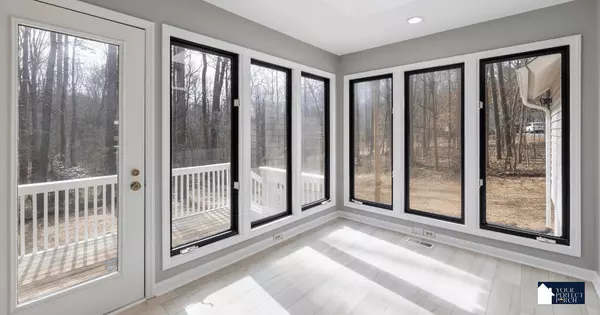- 1/28 28Open 11/30 12PM-3PM
$464,999
3 Beds2 Baths1,293 SqFt7884 White Stag WAY, Sacramento, CA 95823
Single Family Home
Listed by Sterling Royal Real Estate

- 1/25 25Open 11/30 12PM-2PM
$229,999
2 Beds2 Baths903 SqFt3591 Quail Lakes DR #61, Stockton, CA 95207
Condo
Listed by Sterling Royal Real Estate

- 1/15 15New
$250,000
4 Beds2 Baths1,491 SqFt5531 27th AVE, Sacramento, CA 95820
Single Family Home
Listed by Sterling Royal Real Estate

- 1/48 48Active
$625,000
5 Beds3 Baths2,447 SqFt3662 W River Drive, Sacramento, CA 95833
Single Family Home
Listed by Sterling Royal Real Estate

- 1/53 53Pending
$670,000
4 Beds3 Baths2,359 SqFt5210 Lotus Pond WAY, Elk Grove, CA 95757
Single Family Home
Listed by Sterling Royal Real Estate

OPERATING TEAM
RECENTLY SOLD
- 1/71 71
closed
$818,800
4.7%$780,000
5 Beds4 Baths2,872 SqFt5720 Century WAY, Fair Oaks, CA 95628
Single Family Home
Listed by Better Homes Realty

- 1/47 47
closed
$440,000
1.1%$445,000
3 Beds2 Baths2,045 SqFt1711 Churchill WAY, Plumas Lake, CA 95961
Single Family Home
Listed by Sterling Royal Real Estate

- 1/36 36
closed
$520,000
3.8%$500,000
3 Beds2 Baths1,553 SqFt10677 Beclan DR, Rancho Cordova, CA 95670
Single Family Home
Listed by Sterling Royal Real Estate













